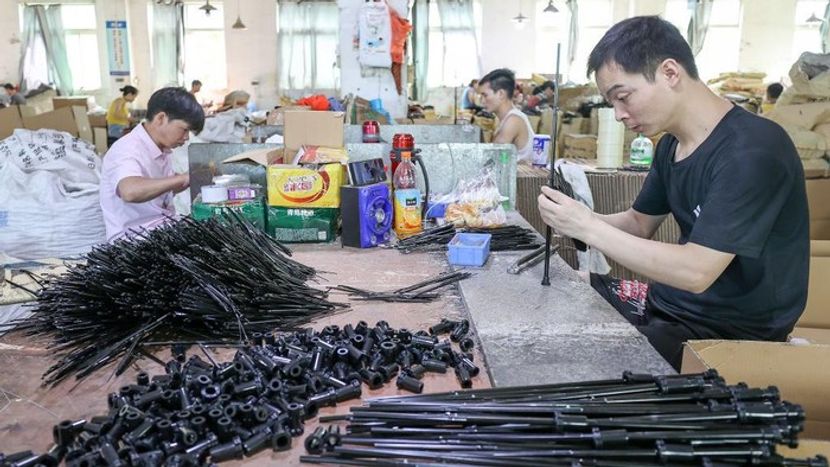
To avoid high U.S. tariffs, Chinese companies have been planning to expand their business or set up new operations in Indonesia.The U.S. tariffs on Chinese goods exceed 301 TP3T, while the tariffs on goods from Indonesia, Malaysia, the Philippines, and Thailand are 191 TP3T, and 201 TP3T for Vietnam.Chinese companies have a strong interest in investing in Indonesia, with a surge in demand for inquiries and move-ins in industries such as toy manufacturing, textiles, and electric vehicles.Indonesia's large industrial zones, such as Subang Smartpolitan in West Java, which covers more than 2,700 hectares, have received a large number of inquiries from Chinese investors.Indonesia has a huge consumer market, is considered to occupy the Indonesian market is equivalent to mastering half of the market in Southeast Asia, the enterprise is easy to realize 20%-30% net profit margin.
Indonesia's real estate prices have also risen as a result, such as a four-story office building in Jakarta, where annual rents rose by 43% compared to last year.2025 In the first half of the year, mainland China and Hong Kong, China's investment in Indonesia rose by 6.5% year-on-year to 8.2 billion U.S. dollars. Total foreign direct investment (FDI) in Indonesia rose 2.58% to 432.6 trillion rupiah in the same period, and the government expects investment to continue to grow in the second half of the year. The founder of industrial consulting firm PT Yard Zeal Indonesia said his company was busy with business and demand for industrial zones was strong, while the head of real estate consulting firm Colliers International Indonesia's industrial and logistics division said that theChinese companies rush to find land and buildings for immediate use; Chinese entrepreneurs operating motorcycle headlight business in Indonesia are optimistic about the potential of the Indonesian market.
© Copyright notes
The article is copyrighted and should not be reproduced without permission.


